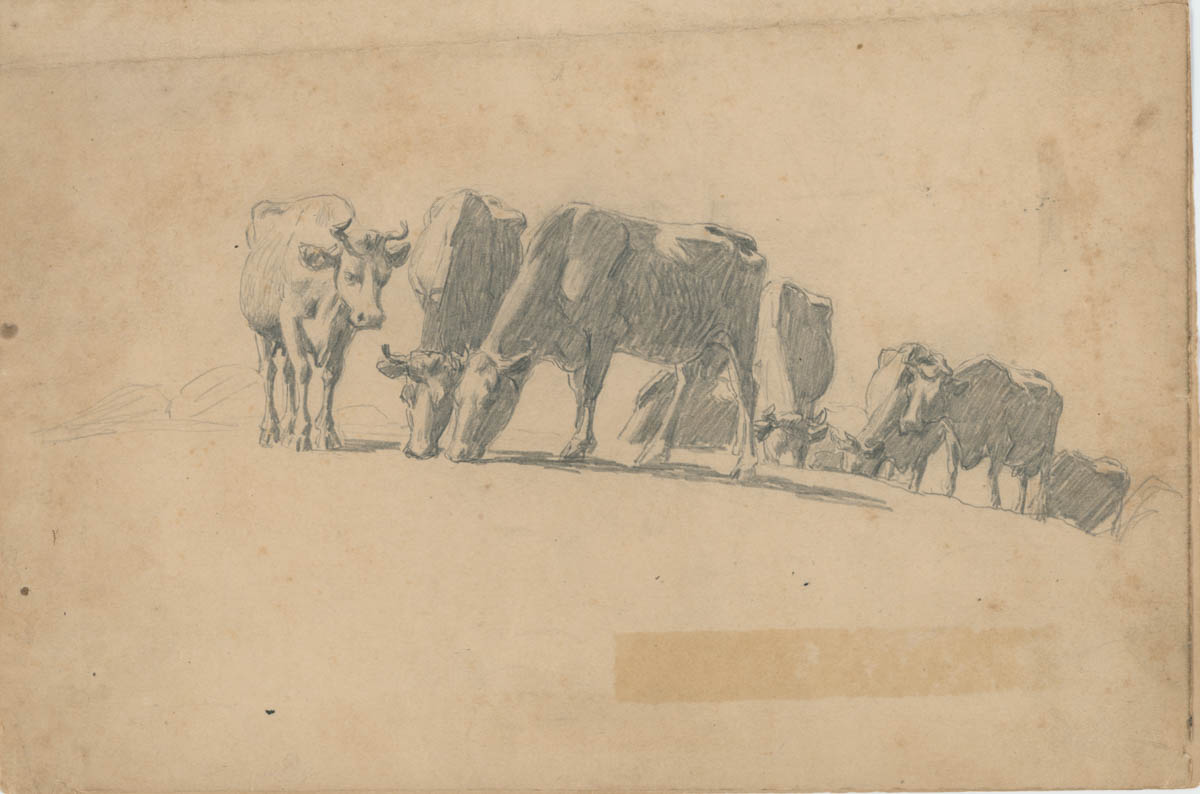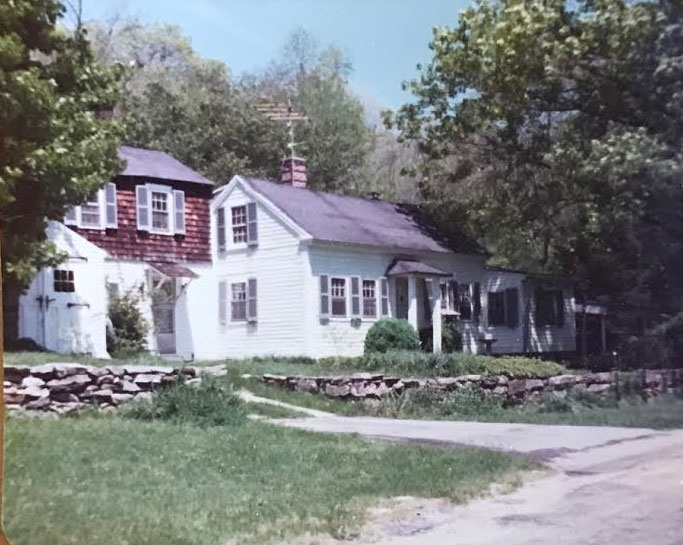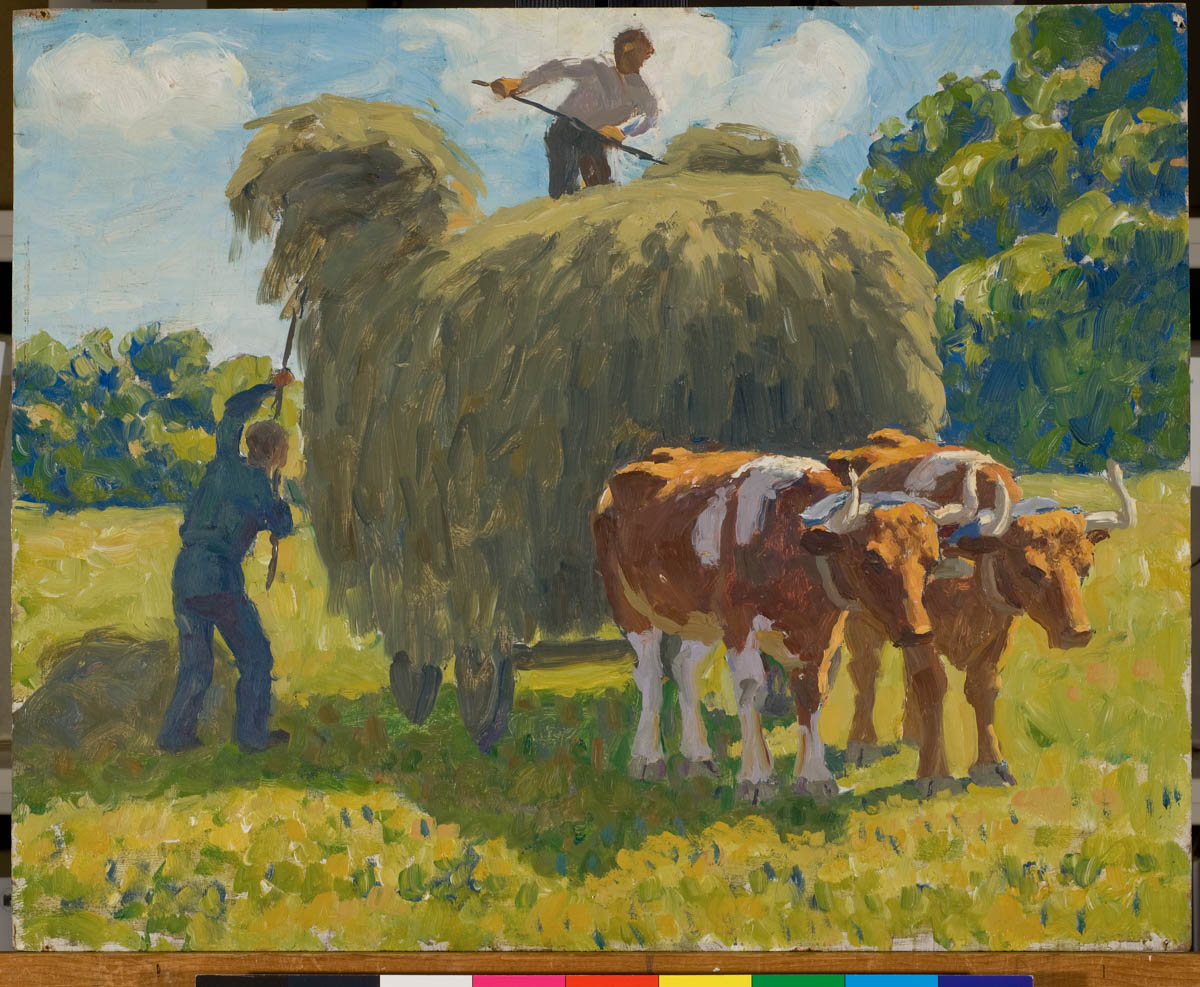Online Exhibition
Hauling and Harrowing: Edward Volkert and the Connecticut Farm
- Museum Hours: Tuesday through Sunday, 10am to 5pm
Depictions of Agriculture in an Era of Technological Transition
Acknowledgements
Hauling and Harrowing: Edward Volkert and the Connecticut Farm has been made possible by a grant from Connecticut Humanities. Their support has allowed us to create an online exhibition that can expand along with the knowledge about the artist Edward C. Volkert. Former project intern Peter Kleeman initiated this concept as part of his graduate work at UMass, Amherst, and provided essential research and documentation of archival materials and artworks in public and private collections, for which we are deeply grateful to him and other members of the artist’s family. At the Florence Griswold Museum, Director Rebekah Beaulieu, Director of Development Matt Strekel, Director of Finance Fred Cote, Grants Writer DeeDee Filiatreault, and Registrar Mell Scalzi helped see this project to fruition.
Amy Kurtz Lansing
Curator, Florence Griswold Museum



